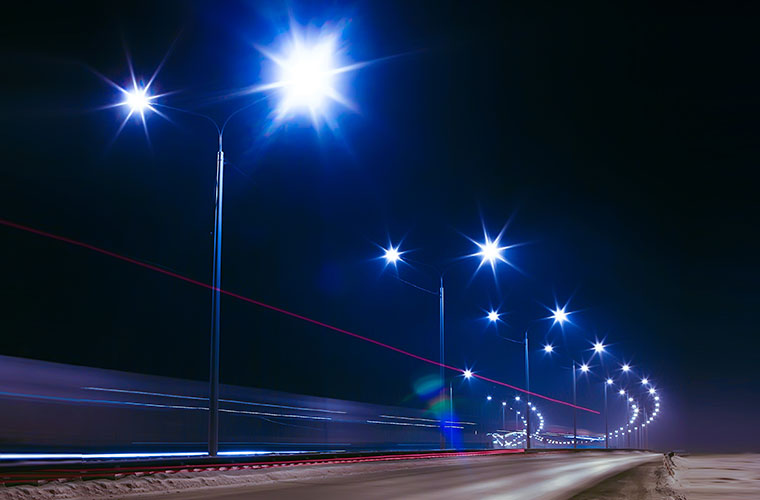An international team of researchers led by the Barcelona Institute for Global Health has concluded that it can link exposure to blue light to an increased risk of breast and prostate cancers.
The study looked at 4,00 people in 11 different regions of Spain and their exposures to blue light from LED lighting. Results showed people exposed to higher levels of blue light had a one and a half to two times greater risk of developing the cancers, compared to people who were not exposed.
“WHO’s International Agency for Research on Cancer (IARC) has classified night shift work as probably carcinogenic to humans. There is evidence pointing to an association between exposure to artificial light at night, disruption of the circadian rhythm, and breast and prostate cancers. With this study we sought to determine whether night exposure to light in cities can affect the development of these two types of cancer,” explains Manolis Kogevinas, ISGlobal researcher and coordinator of the study. “We know that depending on its intensity and wave length, artificial light, particularly in the blue spectrum, can decrease melatonin production and secretion,” says Martin Aubé, physics professor at CÉGEP in Sherbrooke, Canada and study co-author.
The American Medical Association has already called on US cities to use the lowest-intensity LEDs where possible, as well as shading them to reduce glare.
Tagged with lightED